The new class of American Geophysical Union (AGU) Fellows has been selected and will be recognized at the upcoming Fall Meeting in San Francisco, Calif. The 2016 class of AGU Union Fellows will be recognized during the Honors Tribute at the AGU Fall Meeting. The newly elected class will be presented by President-elect Eric Davidson during the Honors Ceremony on Wednesday, 14 December 2016. A brief statement of the achievements for which each of the 60 Fellows has been elected is provided below.
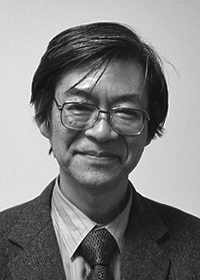
Hajime Akimoto
For advancing our fundamental understanding of atmospheric chemistry and transport and the implications for air quality and climate from regional to global scales.
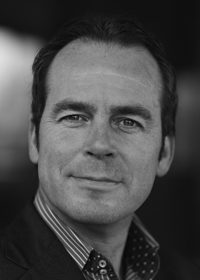
Marc F. P. Bierkens
For contributions in understanding hydrological processes across scales and the modeling and analysis of climate change and human water use on global groundwater stocks.
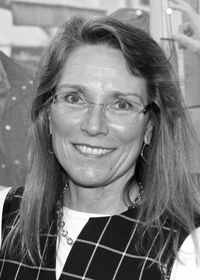
Julie Brigham-Grette
For fundamental contributions in understanding Arctic paleoenvironments and for unstinting efforts on behalf of the Arctic science community.
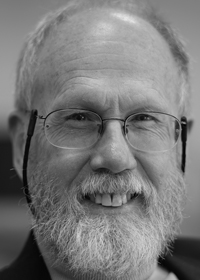
Thure Cerling
For developing and applying novel geochemical methods to understand the coevolution of climate, landscapes, and mammalian evolution.
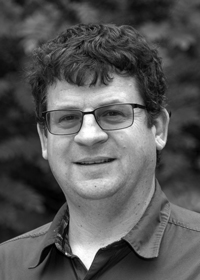
Martyn P. Clark
For development of new methods of identifying the role of model structural and parameter uncertainty on hydrologic model predictions.

John T. Clarke
For numerous and significant contributions to the fields of planetary science and solar system space physics.

Robert W. Clayton
For development of fundamental seismic theory, including back-projection seismic tomography, and discoveries of the seismic structure of the crust and mantle.
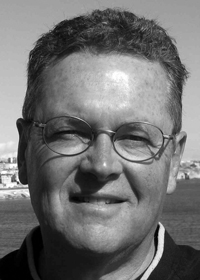
James Cloern
For innovative research over 4 decades defining the unique patterns and processes of ecosystem variability where land and sea meet.
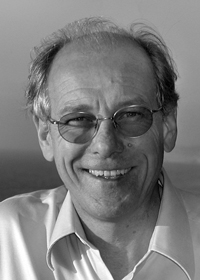
Steven Constable
For innovative and sustained development of marine electromagnetics and for fundamental work on the electrical conductivity of the Earth’s crust and mantle.

Steven A. Cummer
For development and application of innovative radio techniques for remote measurement of lightning processes.
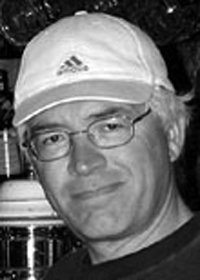
Jon Davidson
For fundamental contributions to the understanding of magmatic processes and crustal formation in island and continental arcs.
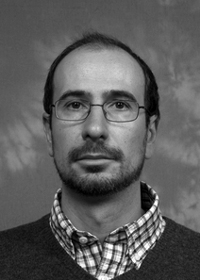
Paolo D’Odorico
For fundamental work on the interactions between noise and nonlinearity in the soil-plant system and in problems related to land degradation and water-food sustainability.
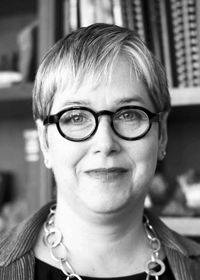
Linda T. Elkins-Tanton
For convincingly elucidating the formation and differentiation of rocky planets and planetesimals, from their interiors to their atmospheres.
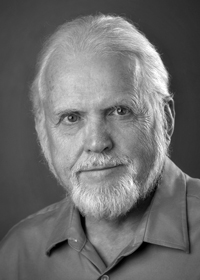
Robert W. Embley
For pioneering contributions to our understanding of deep-sea volcanism by fostering interdisciplinary investigations with advanced technologies.

Matthew England
For exceptional and sustained contributions to the understanding of large-scale ocean circulation and its impact on regional and global climate.
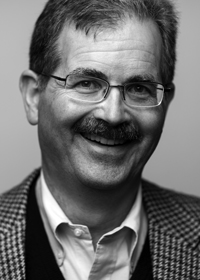
Charles Eriksen
For pioneering robotic ocean measurements and exploring the world ocean’s internal waves, fronts, circulation, and mixing.
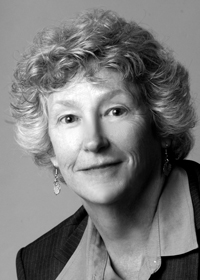
Mary K. Firestone
For defining the role of soil microbial communities in ecosystem structure and function.
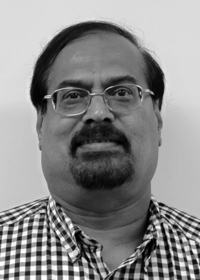
Nat Gopalswamy
For significant contributions to the understanding of coronal mass ejections and solar radio emission and to space weather prediction and for tireless leadership effort.
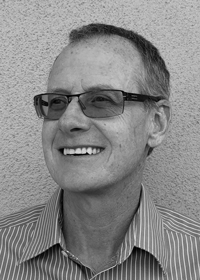
Michael Lon Goulden
For his fundamental contributions to our understanding of terrestrial ecosystem responses to global climate change.
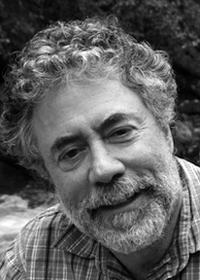
Gordon Elliot Grant
For insightful contributions to the geomorphic and hydrologic functioning of rivers and for developing watershed perspectives for managing public lands.
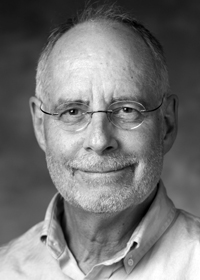
Peter K. Haff
For pioneering work on the physics of ion sputtering, granular flows, and sediment transport and the coupling of humans, technology, and natural processes.

Judson W. Harvey
For seminal contributions to understanding transport at groundwater–surface water interfaces, related reactions, and their basin-scale significance.

Gabriele Clarissa Hegerl
For world-leading research in understanding the drivers of historical climate change and communicating these results clearly to policy makers.

Harry Holman Hendon III
For sustained contributions over 3 decades improving understanding and predictions of intraseasonal to interannual climate variations.
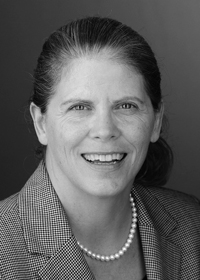
Mary C. Hill
For development of innovative methods for parameter estimation and sensitivity analysis in hydrologic modeling.
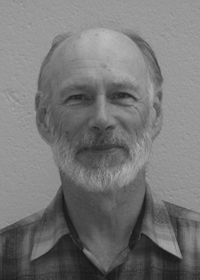
Brent N. Holben
For fundamental contributions to the remote sensing of aerosol optical properties from ground-based and satellite observations.

Masahiro Hoshino
For pioneering work on particle acceleration in collisionless magnetic reconnection and shock waves in planetary and astrophysical plasmas.
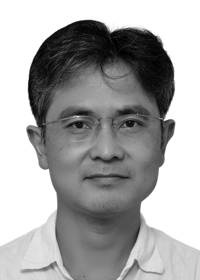
Satoshi Ide
For fundamental contributions to our understanding of the physics of slow and rapid fault slip on all scales.
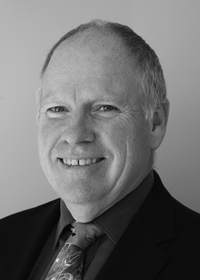
Trevor R. Ireland
For fundamental contributions to microanalysis of terrestrial and meteoritic materials and their application to key problems in geochemistry and cosmochemistry.
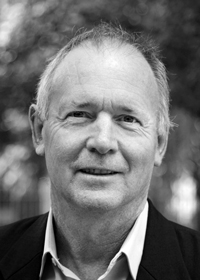
Tony Jakeman
For sustained contributions to the science of hydrological modeling and pioneering leadership in integrated assessment of water resource systems.

Tim Jickells
For world-leading research in marine and atmospheric biogeochemistry and especially for work on element cycling and its role in Earth system science.
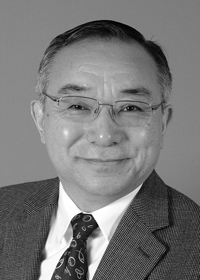
Fei-Fei Jin
For seminal contributions to the understanding of the dynamics of the El Niño–Southern Oscillation phenomenon.

Robert W. Kay
For fundamental discoveries about the mantle and continents based on mid-ocean ridge, ocean island, and arc magmatism, and continent delamination.

Deborah Kelley
For major contributions to the discovery and innovative investigation of seafloor hydrothermal phenomena and their chemosynthetic ecosystems.

Lynn M. Kistler
For prolific seminal contributions to our understanding of the role of heavy terrestrial ions in magnetospheric structure and dynamics.

Shaun Lovejoy
For fundamental and pioneering contributions to the theory and applications of scaling and multifractals to complex geosystems.
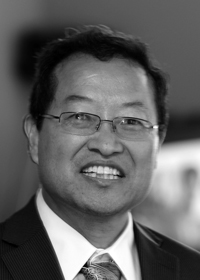
Yiqi Luo
For fundamental contributions to our understanding of the mechanisms by which global change influences carbon and nutrient dynamics in terrestrial ecosystems.
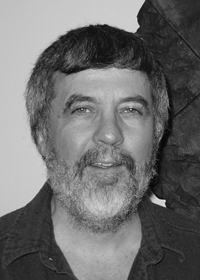
Paul Mahaffy
For exemplary contributions to planetary science, particularly in development and use of compositional instrumentation to address problems of fundamental importance.

David Mohrig
For discovering new sedimentary phenomena: alluvial-bedrock transitions in low-slope rivers, long-runout hydroplaning debris flows, and incisional-depositional deltas.
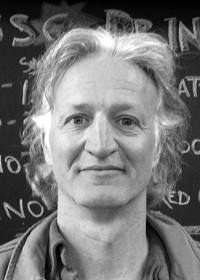
Mark Pagani
For pioneering research in reconstructing paleo-pCO2, climate change, and climate sensitivity.
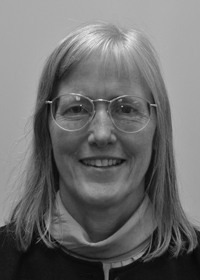
Claire L. Parkinson
For pioneering work in the modeling and remote sensing of polar sea ice and for leadership of the Earth-observing Aqua satellite mission.

Tai Phan
For fundamental contributions to the understanding of magnetic reconnection through in situ spacecraft measurements.
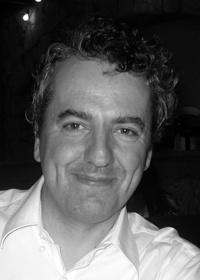
André Revil
For outstanding contributions toward the development of a unified model of hydraulic, electrical, and mechanical properties of porous media.
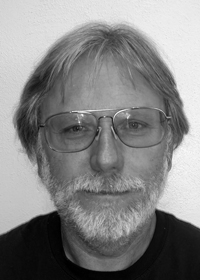
Dar Alexander Roberts
For developing spectral mixing models that drive pixel-based interpretation of remote sensing data to solve environmental problems.
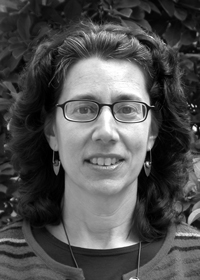
Susan Y. Schwartz
For fundamental work that places subduction zone earthquakes in tectonic context.
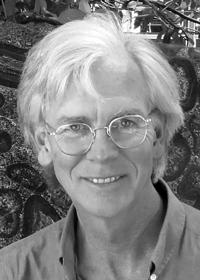
Thomas Winslow Sisson
For exemplary research blending painstaking observations with incisive analysis to produce lasting advances in igneous petrology and volcanology.
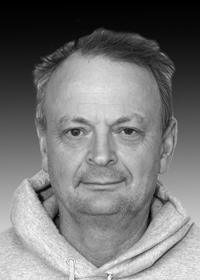
Peter K. Swart
For many transformative contributions to our understanding of the mechanisms and causes of stable isotopic variations in natural systems.
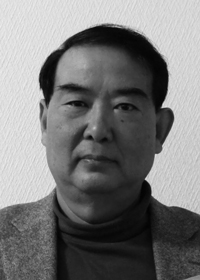
Eiichi Takahashi
For fundamental and outstanding contributions to igneous petrology through laboratory high-pressure experiments.
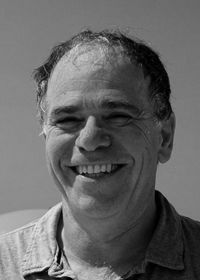
Uri ten Brink
For fundamental contributions to our understanding of plate rheology and its implications for earthquake and tsunami hazards at plate margins worldwide.
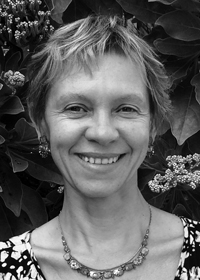
Andréa Tommasi
For pioneering work on deformation mechanisms and microstructures within the Earth and their impact on plate tectonics.
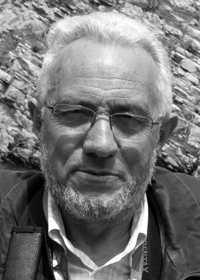
Paul J. Treguer
For tireless leadership and forefront research that has led to a comprehensive understanding of the role of silica in global biogeochemical cycles.

Jeffrey D. Vervoort
For contributions to understanding lutetium-hafnium geochemistry and geochronology of the solar system and the origin and evolution of continental crust.
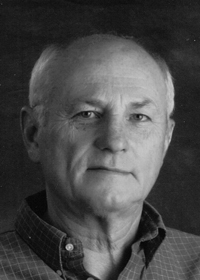
Thomas H. Vonder Haar
For seminal contributions to space-based observations and analysis of the Earth radiation budget, clouds, and water vapor.
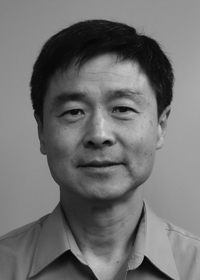
Kelin Wang
For discoveries and sustained impact in the study of subduction zone geodynamics, lithosphere thermal structure, and earthquake processes.
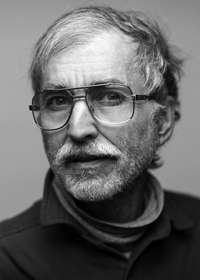
Stephen Warren
For seminal contributions to the understanding of radiative properties of snow, ice, and clouds and their role in the climate system.

Robert White
For contributions to understanding melt generation due to mantle plumes and its role in continental rifting and ridge-plume interaction using state-of-the-art geophysical methods.

Sean D. Willett
For pioneering development of numerical models for the interaction of mantle-lithosphere dynamics and surface processes and their coupling through climate.
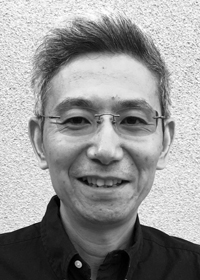
Shang-Ping Xie
For fundamental contributions to understanding the dynamics of ocean-atmosphere interaction, climate variability, and climate change.
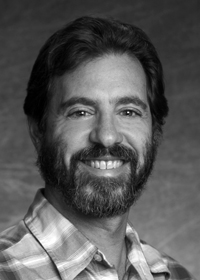
Howard A. Zebker
For pivotal developments in radar remote sensing and for furthering our understanding of fundamental processes shaping Earth and other bodies in the solar system.
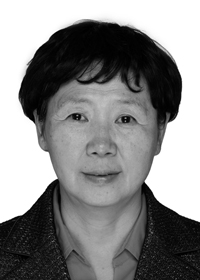
Weijian Zhou
For exceptional contributions to radiocarbon dating and our understanding of East Asian and global environmental changes using radionuclides as tracers.
Citation:
(2016), Celebrating the 2016 class of Fellows, Eos, 97, https://doi.org/10.1029/2016EO060297. Published on 17 October 2016.
Text © 2016. The authors. CC BY-NC-ND 3.0
Except where otherwise noted, images are subject to copyright. Any reuse without express permission from the copyright owner is prohibited.

